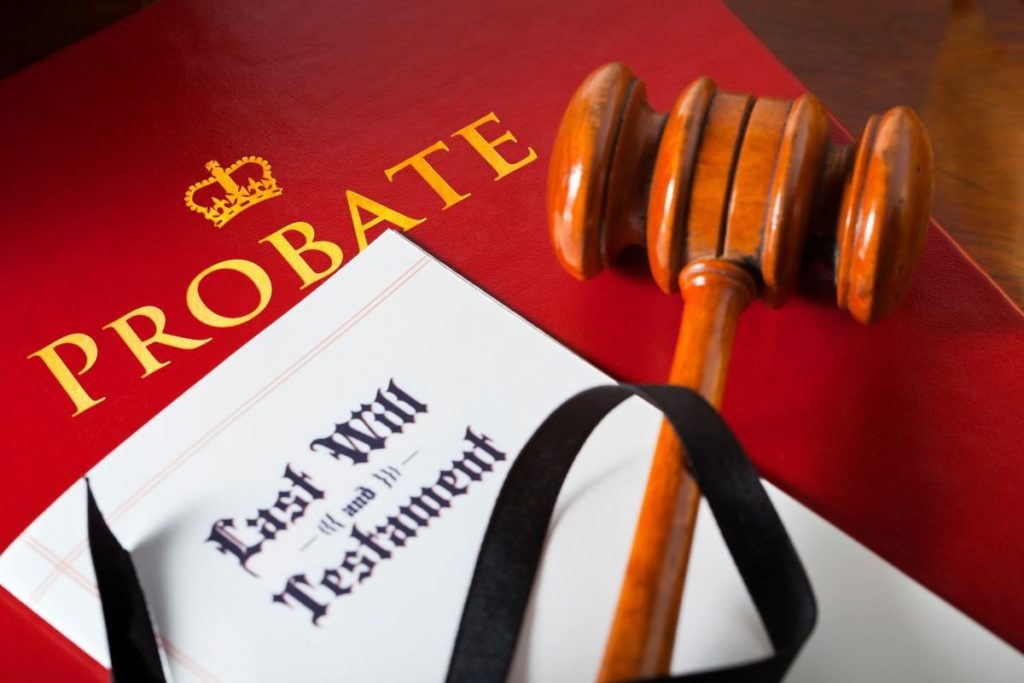Inheritance questions can be complex. As much as some would like to believe that all families fall into neat, tidy, socially-conventional boxes, life is not so clear-cut. In fact, a lot of law can be considered an attempt by humanity to deal with this fact. The only drawback is that, law being what it is, it sometimes both falls prey to convention and solidifies its effects. Virginia’s laws of intestacy—which is to say, the laws that determine what happens to a person’s property if they happen to die without having created an estate plan—are a product of centuries of development in law, and still hold to some assumptions that many now consider outdated. As a result, for people born out of wedlock there may be issues with inheriting from their parents at death.
While the many dramatic examples that one can imagine regarding a child born out of wedlock may apply—infidelity, recklessness, duplicity (none of which mean that a child is unwelcome in this world, since love is mighty)—the most common reason a child is likely to have been born out of wedlock in this day and age is simply that many people in committed relationships chose to cohabit rather than going through the marriage process. And sometimes these committed relationships come apart at the seams—not unlike many marriages.
But this is where the complication enters the picture for children born into such relationships. The Virginia legal code defines who counts as a “child” for purposes of inheritance at § 64.2-102: “Meaning of child and related terms.” This code has specific provisions that parse the nature of the relationship between a parent and child, and that therefore determine when a child born out of wedlock may receive an inheritance from a parent who did not leave a Will behind to make their wishes clear.
As one might expect, the parentage of one’s mother is less in question than that of one’s father. In the language of the statute:
“Except as otherwise provided by subdivision 1 or 2, a person born out of wedlock is a child of the mother. That person is also a child of the father, if:
a. The biological parents participated in a marriage ceremony before or after the birth of the child, even though the attempted marriage was prohibited by law, deemed null or void, or dissolved by a court; or
b. Paternity is established by clear and convincing evidence, including scientifically reliable genetic testing […]; however, paternity established pursuant to this subdivision is ineffective to qualify the father or his kindred to inherit from or through the child unless the father has openly treated the child as his and has not refused to support the child.”
(Take note that this provision accounts for instances when a “deadbeat dad” may try to take advantage of their estranged child’s estate.)
There’s more, though. The statute goes on to describe the length of time during which a child born out of wedlock (or that child’s legal representative) may take action to establish paternity for testamentary purposes following the parent’s death:
“4. No claim of succession based upon the relationship between a child born out of wedlock and a deceased parent of such child shall be recognized unless, within one year of the date of the death of such parent (i) an affidavit by such child or by someone acting for such child alleging such parenthood has been filed in the clerk’s office of the circuit court of the jurisdiction wherein the property affected by such claim is located and (ii) an action seeking adjudication of parenthood is filed in an appropriate circuit court.”
This provision applies even to minor children, and clearly requires a proactive attitude. But the year-long statute of limitation does not apply in the following scenarios:
“where the relationship between the child born out of wedlock and the parent in question is established by (a) a birth record prepared upon information given by or at the request of such parent; (b) admission by such parent of parenthood before any court or in writing under oath; or (c) a previously entered judgment establishing such parent’s paternity by a court having jurisdiction to determine his paternity.”
It can feel somewhat panic-inducing when one recognizes that a parental relationship may be as tenuous as this law makes it seem.
The good news is, there is a way a parent can make their wishes for their estate quite clear: a good estate plan, including a Will. We can’t promise that such a plan will take all of the complications out of life. But it can make what happens afterward a whole lot simpler.
Let Us Help With Your Inheritance Issues
Attend one of Promise Law’s free estate planning workshops to learn how this all works. These workshops provide a great foundation of information that everyone needs to make sound planning decisions. Moreover, if you attend a workshop, you also get a complimentary one-on-one consultation with one of our attorneys. We can answer your questions about inheritance and assist with any estate planning needs.




